Feature Friday #018 — Yaron Schoen
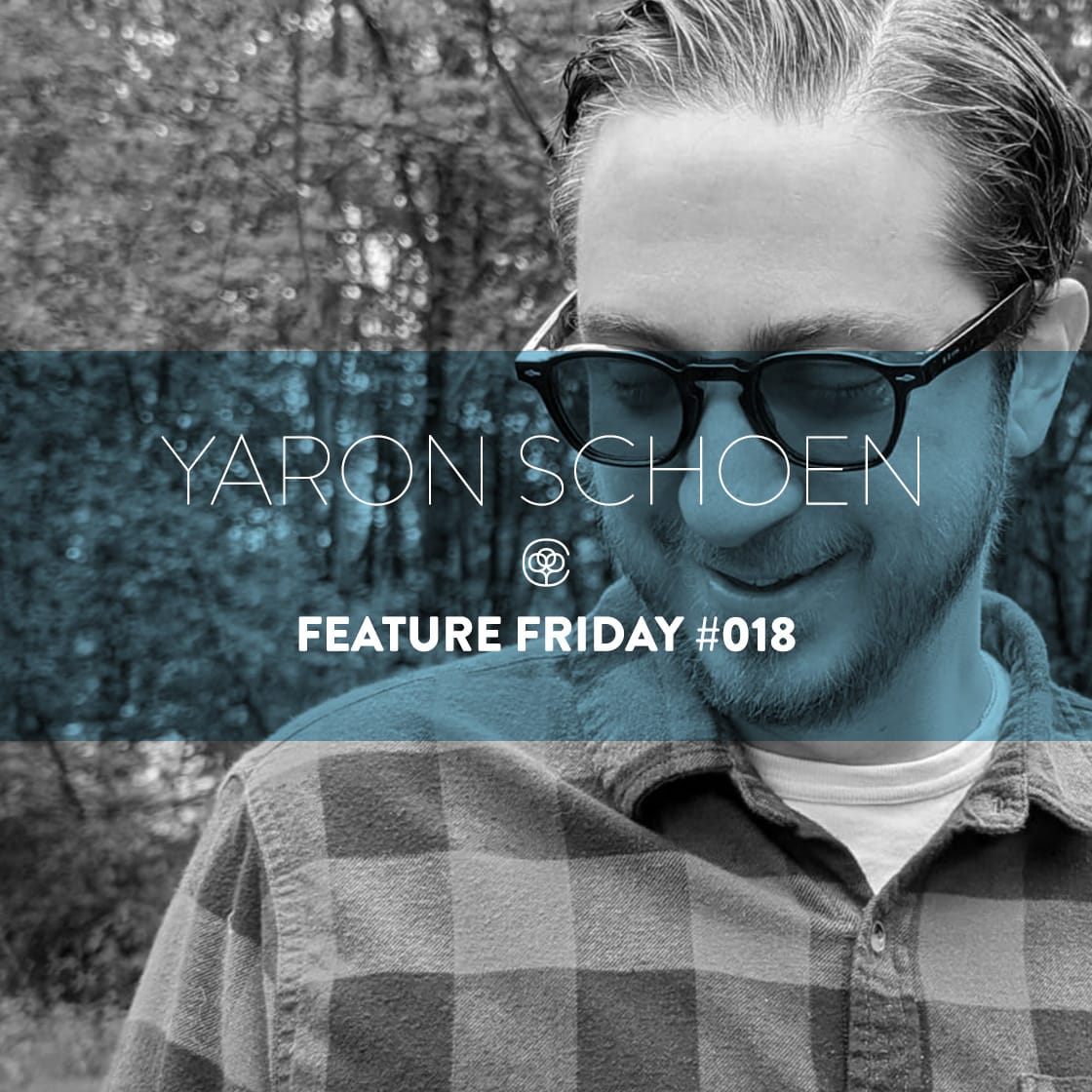
Feature Friday #018 is here! Today we’re chatting with product designer extraordinaire and all around good dude Yaron Schoen. Check out Yaron’s website, and shop his collection on Cotton Bureau.
Yaron! It’s so good to catch up. I’m trying to remember when we met, was it Brooklyn Beta 2013? Does that sound right?
Nathan! Same here! You know, I’m not really sure. If memory serves, we might have been hanging out at SXSW even before that? Maybe? TBH my long term memory is not something I’m known for. We definitely hung out at Brooklyn Beta, though, that I do remember. Good times!
I love your personal site. It’s clean and informative, yet not without a spritz of whimsy. (I loled at the advanced pronunciation of Schoen.) It feels completely appropriate for a UX-focused designer who doesn’t mind having a little fun. Tell me more about the process that went into creating it. I’m sure it wasn’t your first personal site given your 25 years and counting of experience.
Thanks Nathan, I really appreciate that. Yea this is probably the umpteenth version of my portfolio. My first version was around 2001 or so and it was in Flash and even had a “skip intro” button. Since then I’ve been constantly iterating on it, turning it into HTML, adding and removing a blog, and now it’s the most minimal version yet.
Throughout the years, I really enjoyed experimenting with various methods of self-expression through the site. It wasn’t only about my work and career, but also a playground for conveying ideas through writing and presentation. However as time went on, my work became more challenging to quantify or represent through the traditional portfolio narrative. Long story short, I transitioned from a web designer into a product designer. Conveying what I do as a product designer, in a case study, is really hard, it’s very time consuming, and I am no longer certain it provides as much value as it used to. And to be quite frank, I’m a married 44 year old with two kids, a dog and cat. There is just so much time I want to spend on vertically aligning elements in a browser.
That said, I still love the old school web, and I do find enjoyment in writing html and css… well, sometimes. Also given the fact that I no longer have a social media presence, I still want some sort of representation on the web. So I whipped up this version which is really just a collection of short snippets. Mainly focused on things that I have done in my career, and a little bit of how I think. The site is minimal on purpose, I basically wanted less to maintain or think of. It acts kinda like a CV but with some extra bonus material.
And yea, thanks for noticing the whimsiness of it! I try to pepper some fun where I can. I find it a real bore when people take themselves too seriously, so if I can make someone smile then I achieved my goal.
I hear you on the time required to maintain an online presence, and especially the diminishing returns to social media as we get older and more established. Still, I do miss the fun of building those early sites and making connections (like SXSW).
One other quick question on your personal site. I love the energy of your monogram. It’s bold, easy to remember, and has a great flow. Are you intentionally referencing a menorah, or am I just seeing things? How did you end up developing this mark?
Thanks! I really don’t consider myself much of a logo designer, so it’s nice to hear that someone appreciates a logo I made. I didn’t intentionally make it resemble a menorah, but now I can’t unsee it ha!
Candidly, because I don't design logos on the regular, when it came down to creating a logo for myself, I had a very healthy dose of impostor syndrome. I tried coming up with a whole slew of illustrations, but none worked. So eventually I just decided to use a monogram and call it a day. But I didn’t want it to be too obvious that it is a monogram, so I searched for an obscure font and landed on Bauhaus 93. It’s a pretty random font that I dont think anyone really uses all that much. I then edited it a bit and combined the two lowercase letters Y and S.
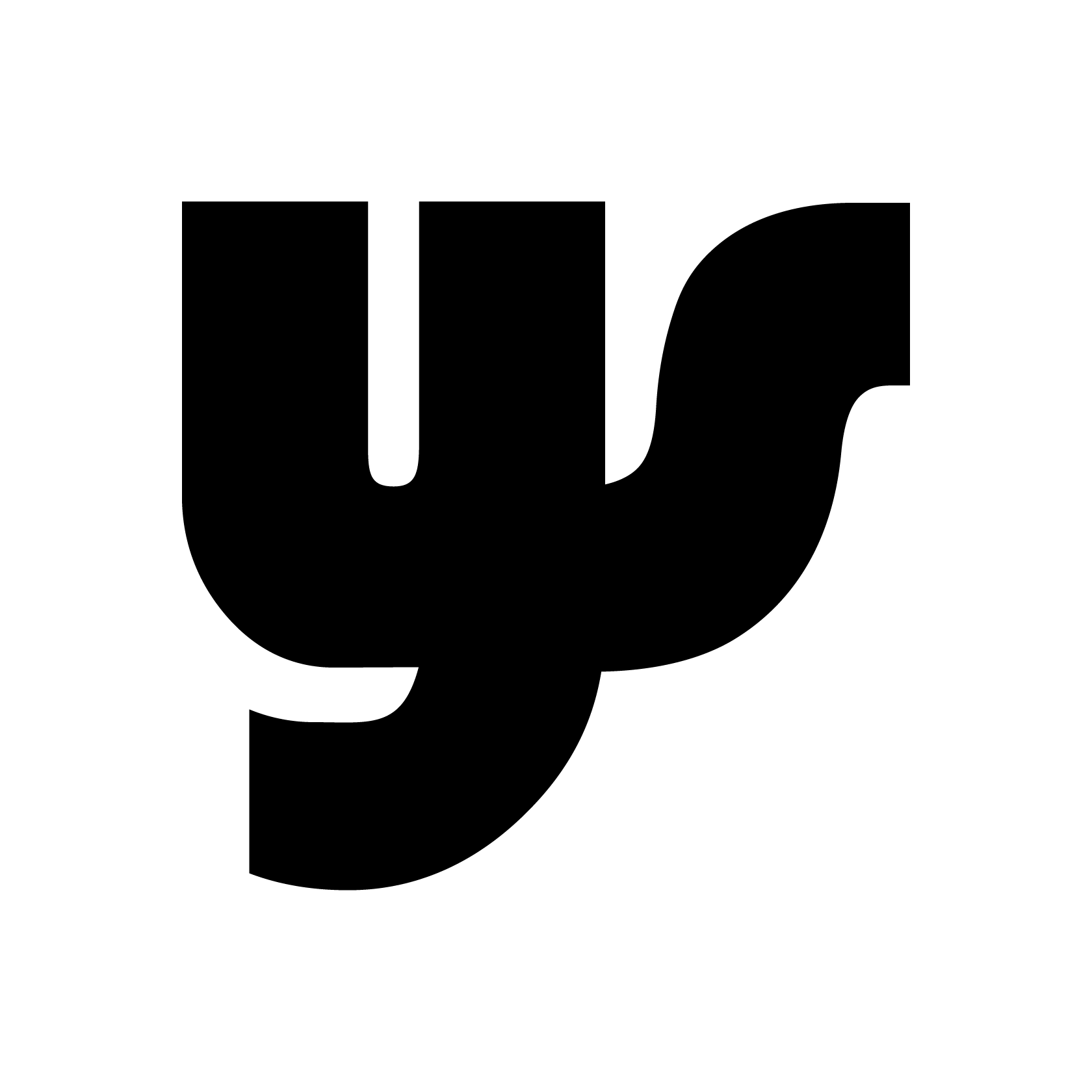
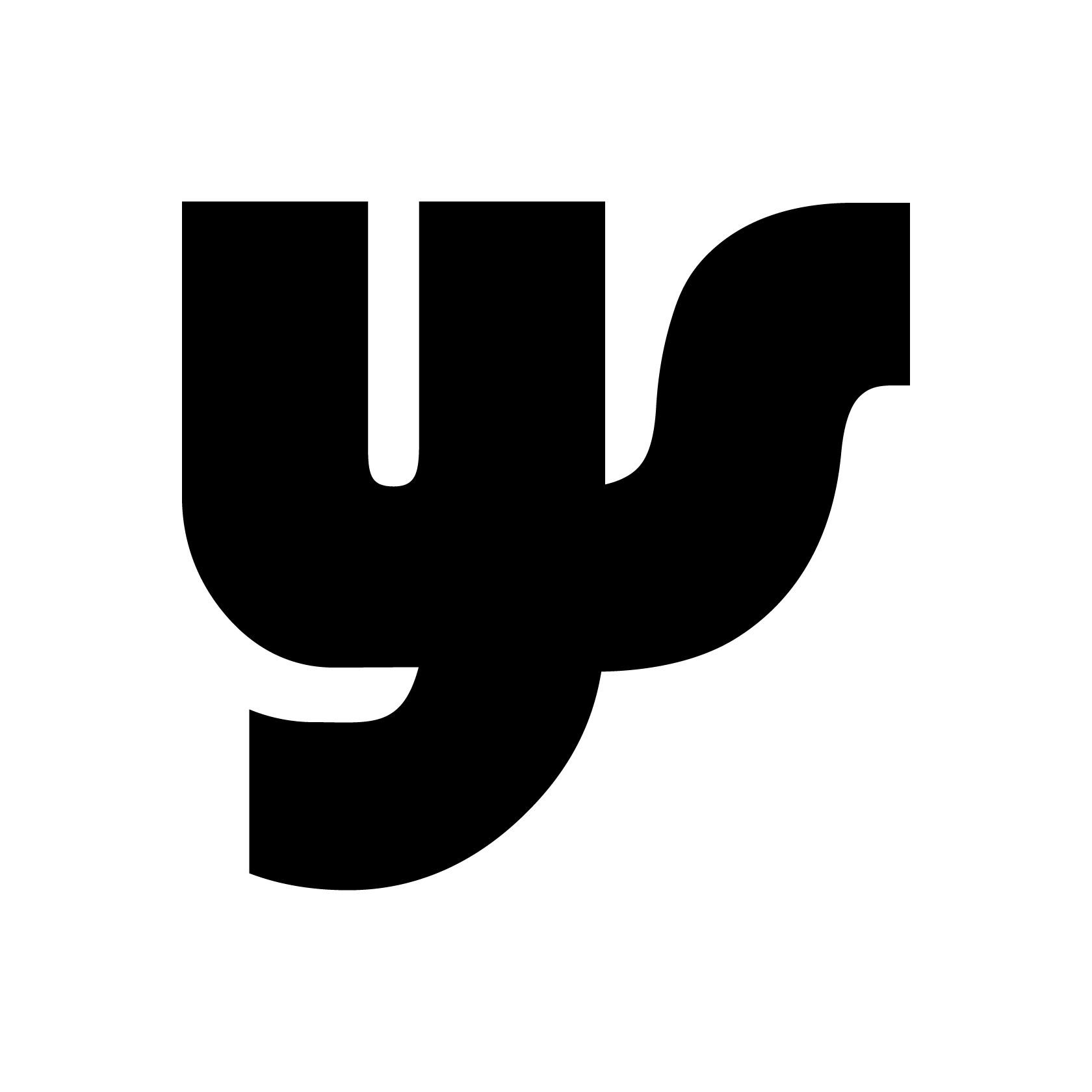

Let’s talk a little bit about your career to this point. It seems fair to say that you’ve been around (and likely seen some things). When you look back at the last 25 years, how would you describe the path that you have taken to get to where you are now?
Oh boy, where do I start? Well, throughout the years I have been given many different job titles, Web Designer, Flash Animator, Application Designer, Product Designer, and now UX Architect. But really, I’m just a designer, and all these roles boil down to one thing: problem solving. I love solving problems and optimizing experiences. My constant goal is to make life a bit easier, so that people can focus on things that are more important to them. Not only in the digital sphere btw, but in many aspects in the physical world too. Even down to the annoying little things in life. Like when sitting at a restaurant I need to make sure the table is optimized in terms of sound (not too quiet or too loud), location (not smack in the middle, but not in the far corner), etc. It drives my wife crazy lol… but I am fun to be around, I promise!
When I was a kid, I never realized that being a product or web designer is even a career path that one could take. My career was never really planned in any way. I stumbled upon it by taking a few courses in “multimedia” where I learned how to use all the various software and simple web languages (PS/Freehand/3DMax/Flash/HTML etc). After finishing the course, the school connected me to a local web design shop and I ended up working with them for over 6 years. The rest is history. When I started, the “real” designers were all print designers, and as a web designer I was actually a bit of an outcast. It’s funny how that world changed.
In addition to being a designer, I’ve always had an entrepreneurial spirit. I have been employed by agencies like Fantasy Interactive, but also founded and sold my own agency named Made for Humans. I've been employed by tech companies like Twitter/Compass/ServiceNow/etc, but also founded a couple of my own product companies. I love initiating concepts and bringing them to life. There’s something very rock ‘n roll about creating a company. It’s scrapy, creative, and represents a sort of mission that you take on. This is why I have so much respect for what you guys have achieved at CottonBureau. I know how hard creating a company is, let alone sticking with it and succeeding.
Ah, yes, a classic min/maxer. I have to confess I drive everyone around me crazy with the same endearing personality trait. It feels like we started on a similar path (for me it was Geocities) with similar personalities except you became a problem-solving “designer” and I became a problem-solving “developer” — and we both started a few companies along the way.
Something else I wanted to ask you. How are you enjoying working remotely? I would imagine you have experience both in an office and being on your own. Are you happy with your current setup?
For my entire career I have preferred working from home. However, I acknowledge that there is real value in in-person collaboration from time to time, mainly for deeper collaboration needs. I also acknowledge that it’s much harder to gain mentorship as a newcomer in the field. So as a person with a lot of experience already, I can enjoy the luxury of not being surrounded by team members that mentor me. I’m also an Individual Contributor at my current job, which I suspect makes it much easier to work from home than a people manager.
All that said, I love working from home! Mainly because I dislike the open office environment that’s prevalent in tech companies. It’s extremely distracting for me. I actually get more done at home where it is quiet, less distractions, and designed exactly to my preferences.
We left our NYC apartment during the pandemic and now live in a house in Connecticut. We currently have a decently sized room dedicated to being an office, that has two big windows pointing towards our very lush and green backyard. It’s so much nicer than anything in the city ha! So I can’t truly say I enjoyed working from home in our NYC apartment during the pandemic as much as I do now… today it’s a different story. I guess perhaps it really depends on your home office situation?
Btw another hidden benefit is that I get to see my kids every day when they come back from school! Which is a lot more than when I schlepped myself to the office every day.
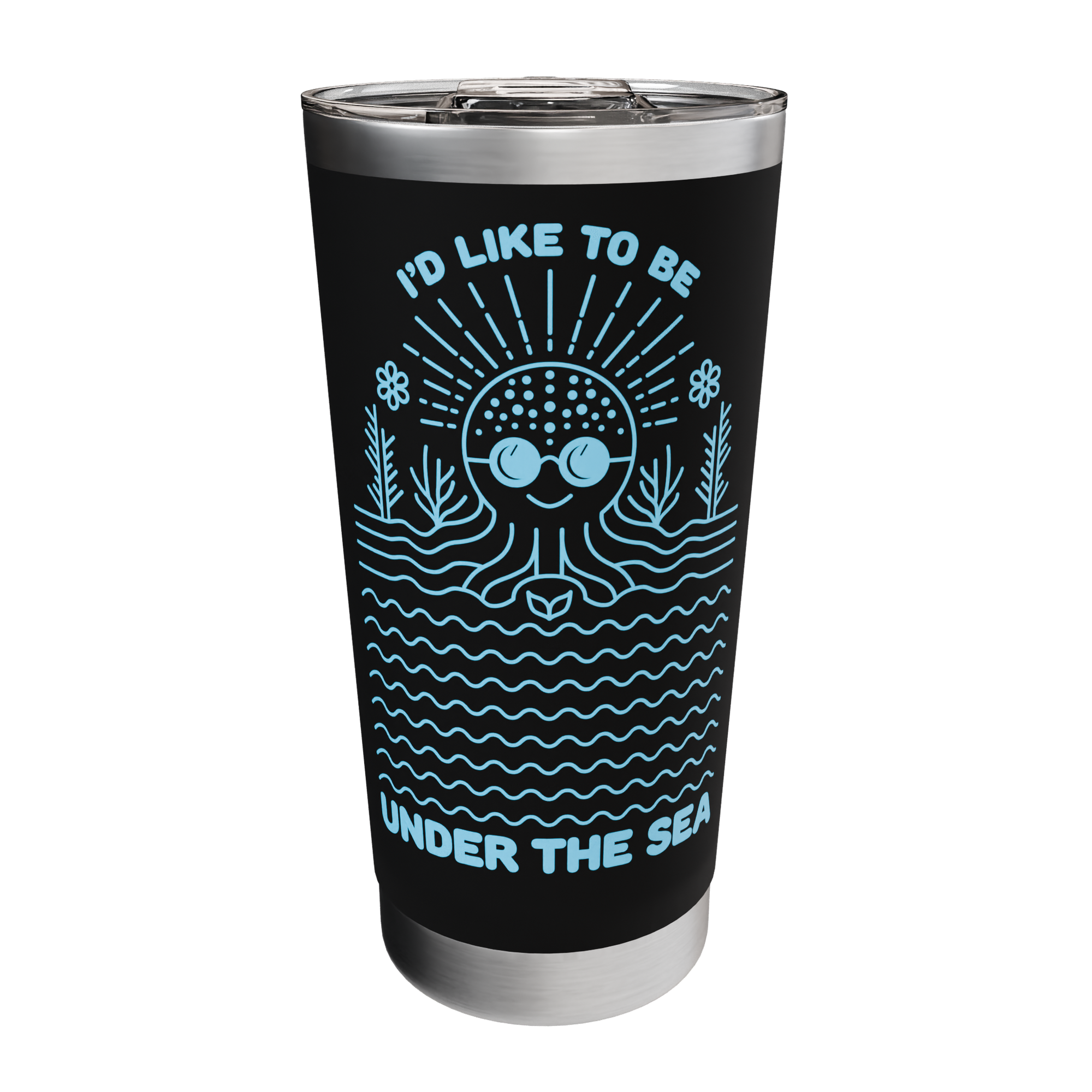
Nothing like watching kids get off a bus and run in the door. I’ve been working three days at the office and two days at home since 2019. It’s a nice mix.
Let’s pivot to my favorite question to ask: where are you on generative AI and design? To me it feels like we’re trending toward it being accepted (perhaps even expected) as a tool — provided the designer is driving and ultimately making the decisions. Yet, to the degree that the AI corpus relies on source material that has been obtained in, uh, less than ethical ways, even that usage feels problematic.
Big topic! Okay so from a 10k feet view, I’d say that if the computer is the bicycle for the mind, generative AI is its sonic speed missile. It’s both a time saver and an empowerer of ideas. So I never really understood the idea of not accepting it, because why wouldn’t you want to increase your abilities to do anything? I don’t see AI as a replacement, I see it as an enhancement.
That said, I’m a product designer so I can’t fully speak about graphic or marketing design. But from a product design perspective, I think the designer can be in full control of the decision making. Mainly because our job is less about producing a specific artifact, but rather more about observing user behavior and communicating with team members. So for example, I use it for editing communications, researching a topic, producing visuals for a presentation, etc. I’d actually argue that generative AI might be one of my most used daily tools. So yea, I think it would be a shame if product designers felt they shouldn’t use it.
Though I now realize I should disclaim that I vowed not to use AI for this interview. That would be cheating! I don’t usually use it to pretend I’m someone I am not. So for example, when I say “editing communications”, I mean help me get to the least amount of words that best convey the message. In a company setting, whether large or small, the transfer of information within a team is the key to shipping great products. You gotta make your message short and understandable. You know the saying “if I had more time I would have written a shorter letter”? Well now you don’t need more time. So it’s not about pretending you are someone you're not, but rather making sure that the idea you want to explain is optimally conveyed. AI is a killer tool for that.
Regarding IP, I have mixed feelings about that. I understand concerns about using potentially protected IP, but it's complicated. For example, a song I love called Bittersweet Symphony by the Verve, which features a violin riff inspired by a chain of prior works. That riff was based on Andrew Oldham Orchestra’s version of a Rolling Stones song named “The Last Time”, which was based on a song by the Staple Singers called “This May Be The Last Time”, which was based on an old gospel song. Who then owns what? The Verve couldn't profit due to legal issues with song rights—a situation I find morally unfair. Long story short, they were sued by the record labels for getting the rights to the Andrew Oldham Orchestra’s version and not the Rolling Stones version. New creations are almost always inspired by existing work, so how exactly is that different from how AI operates?
That said, I of course fully understand the need to protect IP from a business perspective. Especially if the AI is merely “copying” and not “stealing”. Kinda like what Picasso once said “Good artists copy, great artists steal” (which, btw, may have actually been inspired by W.H. Davenport Adams who said "Great poets imitate and improve, whereas small ones steal and spoil").
So I guess this is a long winded way to say (maybe I should have passed this through GPT to shorten it 🤔) that I understand and support the business need to protect certain IPs, but I also hope that we don’t go overboard and prevent human progress either. What’s the fair middle ground? I don’t know, but it will be interesting to see how this evolves.
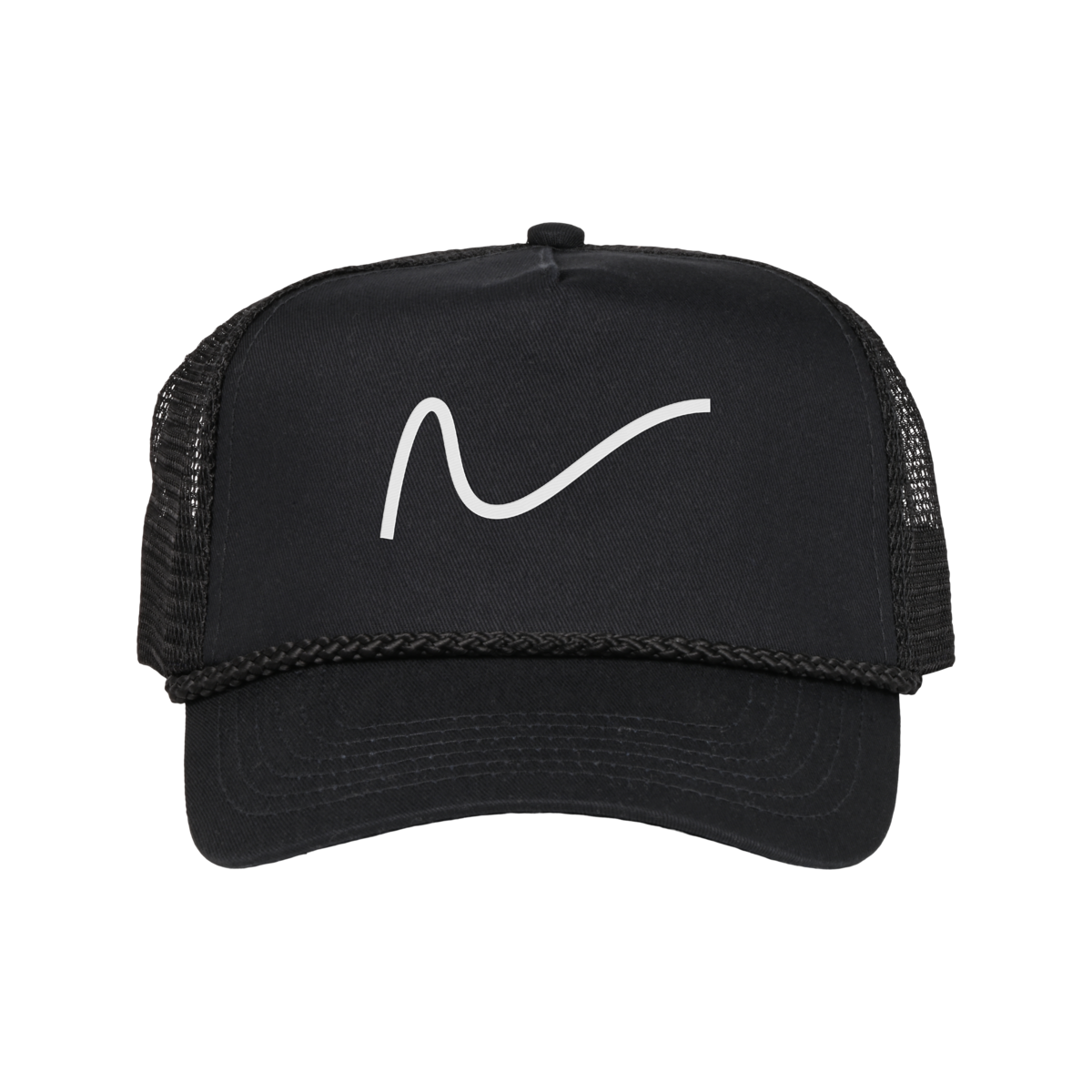
That makes a lot of sense. I’m not sure I’m personally out of the disconcerted stage — and maybe I never will be — but there’s really no way to close Pandora’s box at this point.
As long as we haven’t completely surrendered to our future AI overlords though, I guess we’re going to have to continue thinking and reasoning for ourselves. On your website, you have a beautiful set of illustrations of various laws and concepts that help us do just that. Which one is your favorite, or, if you prefer, which one do you think is most under-rated? Do you regularly revisit them, or have they become so ingrained in your process that they have become rote?
Thanks, yea I routinely use these laws and concepts in work and life. They are basically things that I’ve intuitively always known or things I’ve encountered along the way, but never really knew they were actually documented and codified. Being able to apply a name and description to a concept or law is liberating, and helps me communicate them to others.
The ones I use the most are usually the ones that apply to both my work but also life in general. Ones like the Dunbar's Number, Dunning-Kruger Effect, Occam’s Razor, Hanlon's Razor, and even Conway’s Law. They all very much apply to my life, and as an extension apply to my work as well. I think the most underrated one is the Dunbar Number. I bet the majority of the chaos we are seeing these days has to do with the fact that our brains cannot biologically contain the amount of information and relationships we consume daily.
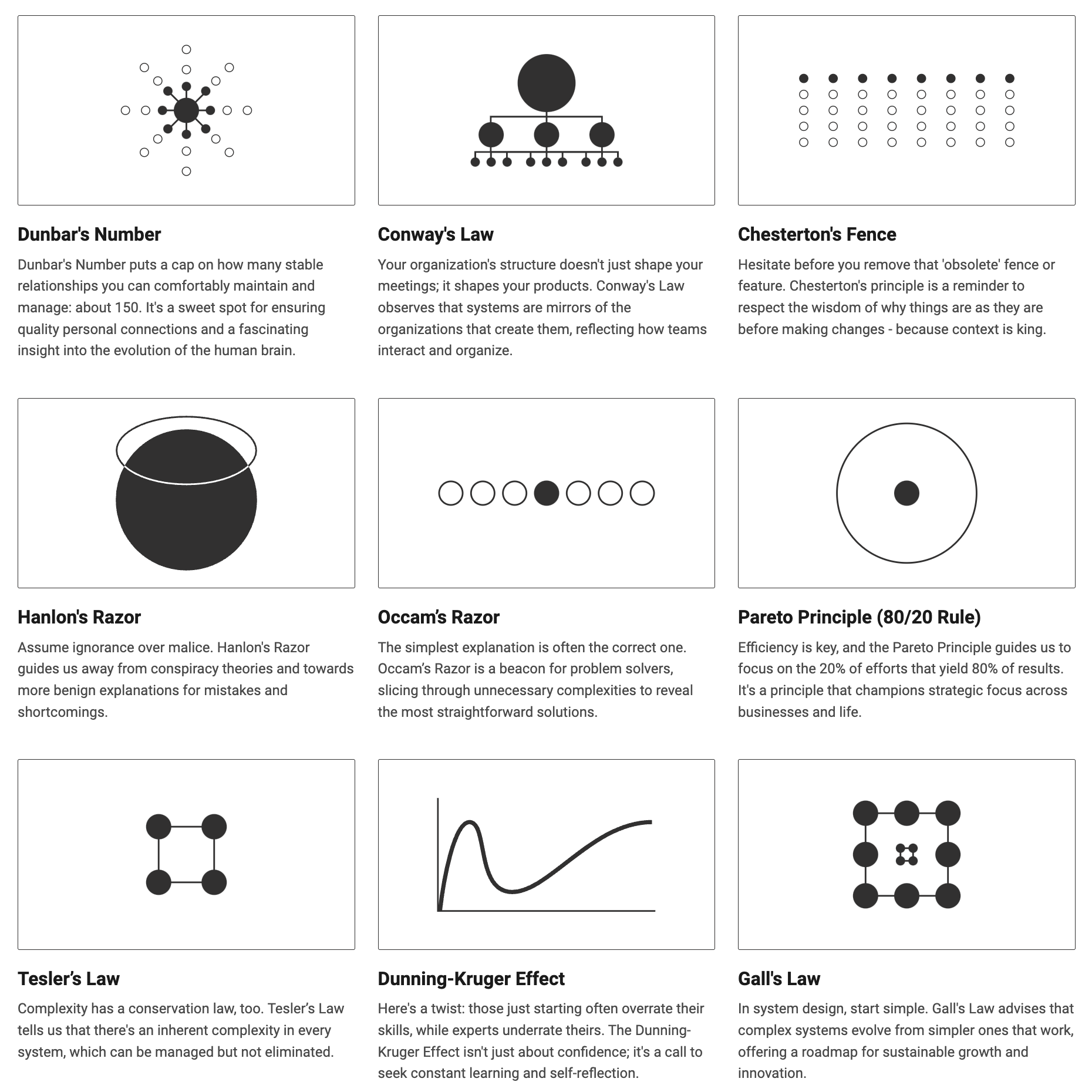
One last question if you don’t mind. Can we talk about this line on your site? “Social media is no longer something I am a part of, so...” I couldn’t agree more with that sentiment (my own usage ended almost completely in 2020), yet I still have fond memories of the early days when we were trying to figure out what Twitter was even for. What went into your decision to abandon social media, and how have you replaced the conversations and connections it enables?
Even though I was addicted to it, I always knew deep down that social media was terribly unhealthy for me, for all the obvious reasons (I won’t go into them all because duh). But actually the Dunbar Number that I mentioned in my previous answer was able to codify that feeling in simple words that even a dummy like me could understand. Basically, from an evolutionary perspective, the human brain cannot process more than an average of 150 stable social relationships. I highly suspect that once you start going over that number you effectively add more stress and burden to your mental health. On Twitter alone I followed almost 350 people, not to mention all the other networks I was part of. That can’t be healthy for anyone.
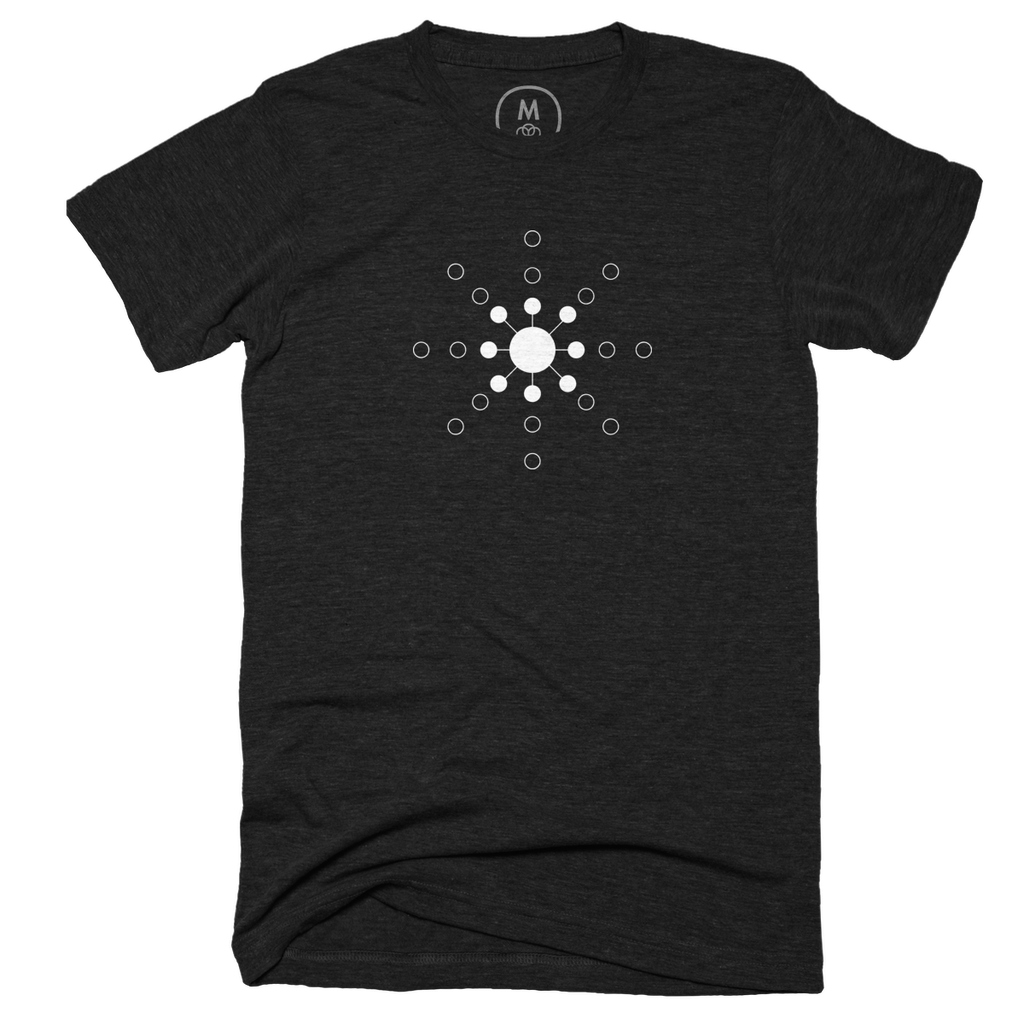
Being born in the late 70s, I grew up without all this tech around us, and remember a life where I didn’t stress over what someone in a different hemisphere thought of the breakfast photo I just shared. When I discovered Dunbar’s Number, it made so much sense to me and of course it also was helpful that I am a reductionist. So in order to get to the desired 150 count, the obvious low hanging fruit was to kill social media.
Since then I’ve really been liberated. I can focus on fostering the important relationships of my life, and reduce the self inflicted artificial stress caused by social media. But there are more added benefits I didnt even think of. For example, I regained my personal perspective and opinions on things, and am no longer brainwashed or a leaf in the wind that blows to whatever direction my echochamber mob dictates. Yes, I do miss the connections I made throughout the years with folks like you and our whole tech/design crew, and no I haven't really replaced it with anything else because that would defeat the whole point of getting rid of it in the first place. But that’s okay, it’s the price to pay for my well being. Going back to basics is awesome, I highly recommend it.
Sounds like a good plan. Maybe we’ll do that — right after we share this interview with 150,000 of our closest friends.
